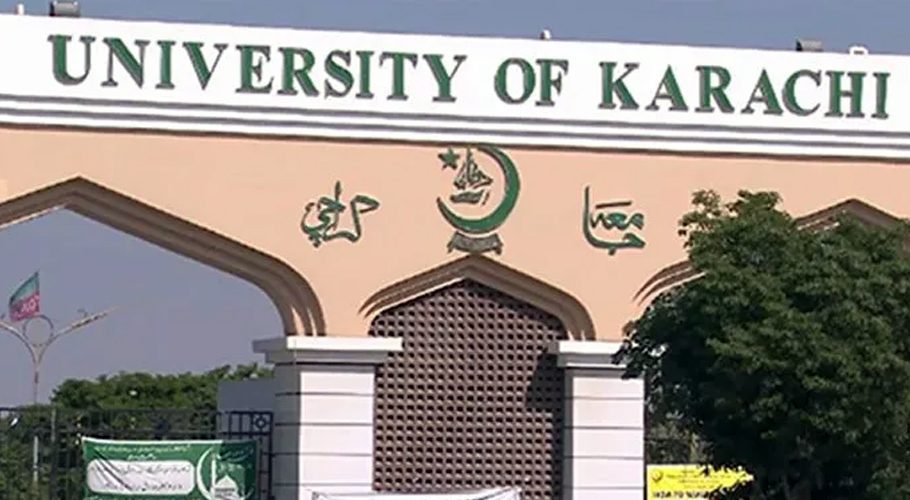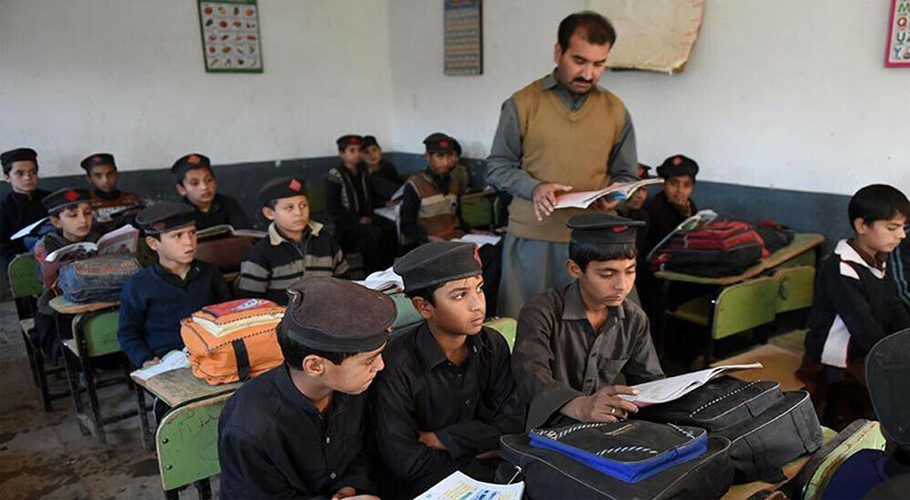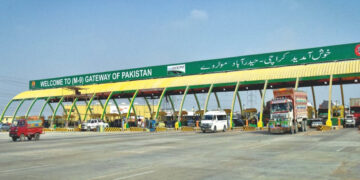 Follow Us on Google News
Follow Us on Google News
LAHORE: Prime Minister Imran Khan on Tuesday unveiled an incentive package for the promotion of industrial sector to attract investment from the local and expatriate business community and strength export-oriented industries.
“Along with local businessmen, we are also inviting the Overseas Pakistani entrepreneurs to invest in the country’s industrial sector. Besides the expatriates, the local businessmen in the joint venture will also enjoy five-year tax holiday with no questions,” he said, while addressing a ceremony attended by a large number of businessmen and representatives of the chambers of commerce and industry.
The prime minister said that the government was doing all for the promotion of export-oriented industries including the measures to strengthen Small and Medium Enterprises (SMEs) and revive sick industrial units.
He said that there was a need to attract Overseas Pakistanis to invest in their homeland by incentivizing and giving them confidence over the protection of their hard-earned capital. While stressing on the importance of industrial and manufacturing sector for wealth creation and development of the country, he said that countries cannot achieve progress only by producing wheat and vegetables.
The prime minister also mentioned the anti-wealth creation and anti-profit-making policies of subsequent governments as major hurdles in the way of required growth in industries in Pakistan, which led to major economic problems including the shortage of dollars and Current Account Deficit. He said it the present government decided to promote industries particularly the export-oriented industries.
PM Imran referred to a graph-chart which showed that Pakistan during the 2000-2020 period remained at the lowest in terms of growth in exports as compared to the countries including Rwanda, Vietnam, India, China, and Bangladesh. “Lacks of long-term planning, shortage of dollars, less or no growth in exports force the country to approach the International Monetary Fund (IMF),” he remarked.
He said that the present government’s two-pronged industrial policy focused on the promotion of SMEs through improved regulations and ease of doing business; and the revival of sick industrial units.
































